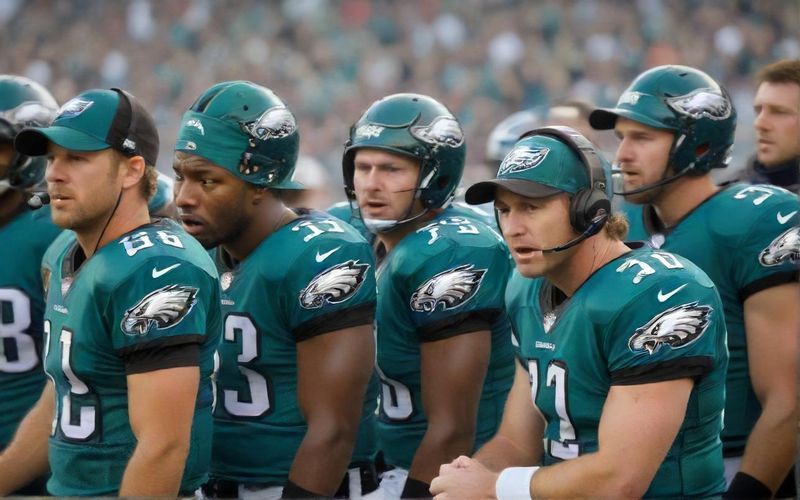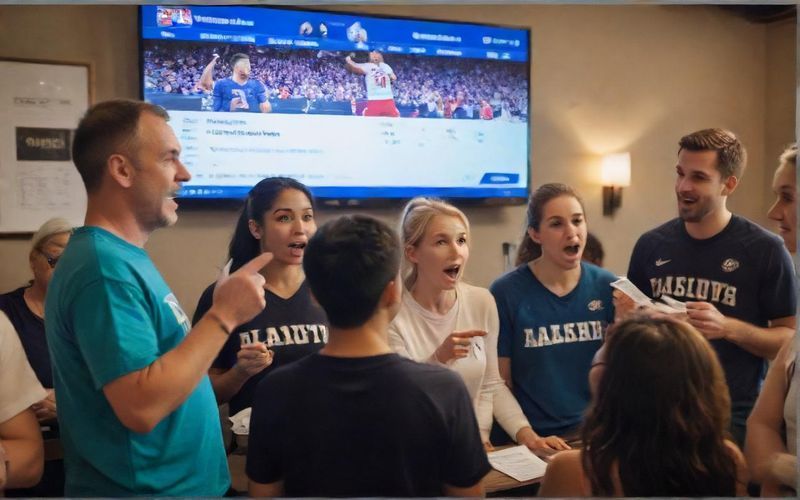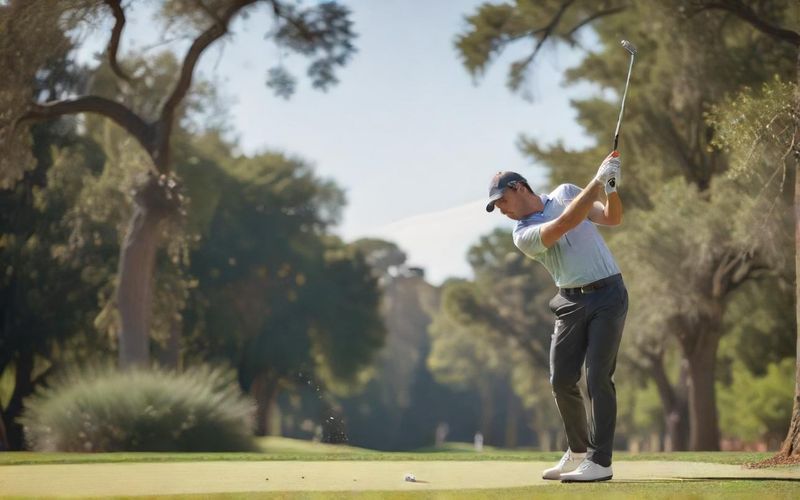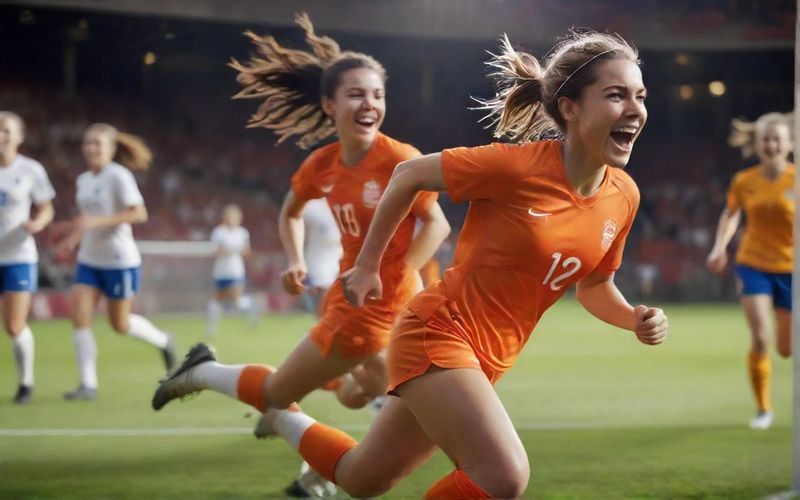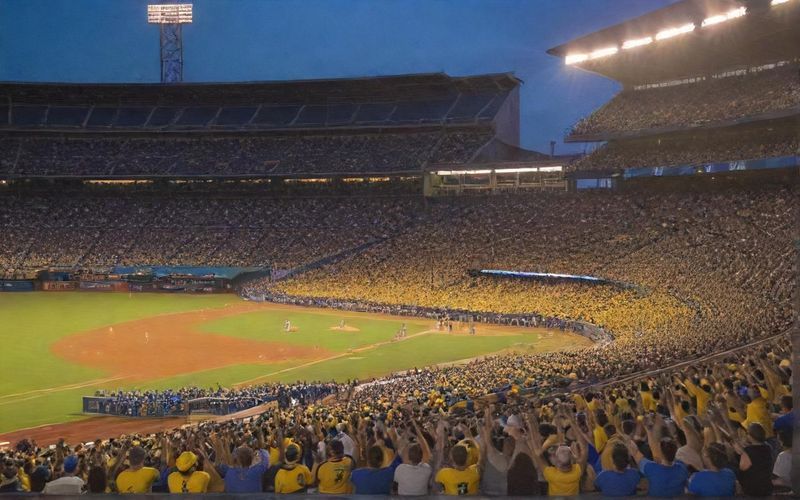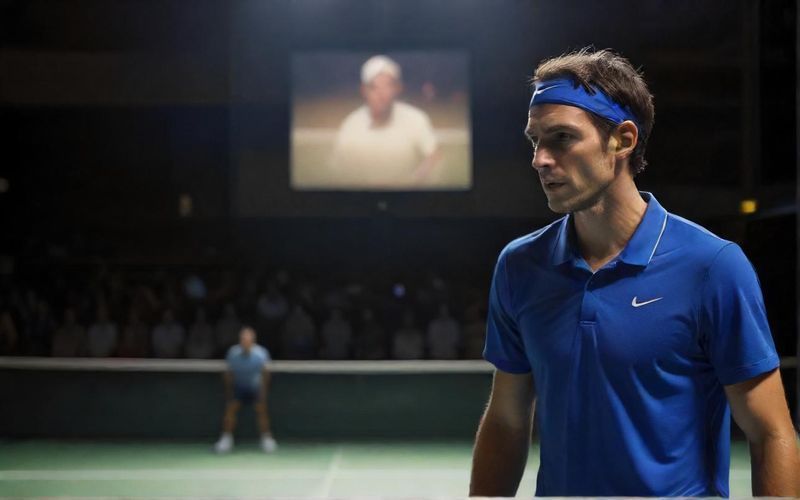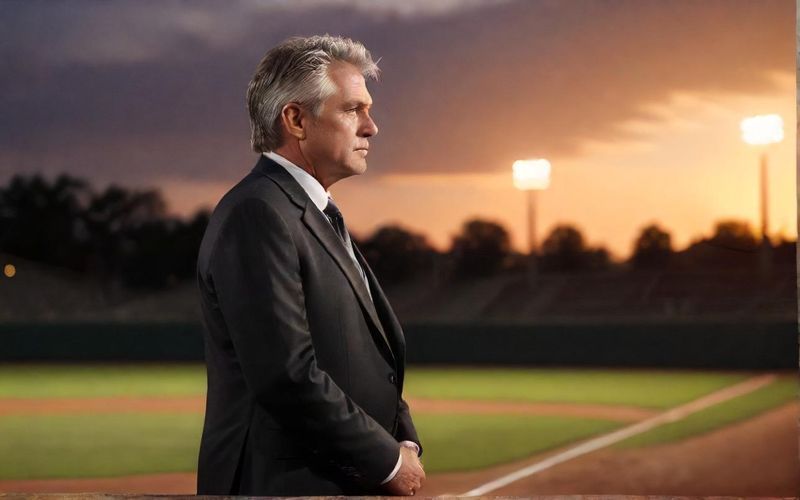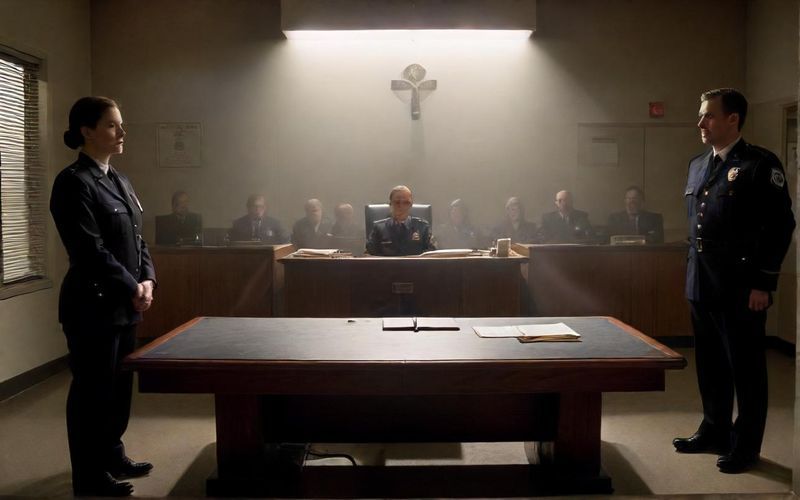Ricky Hatton's tragic end: Suicide confirmed

Reading about his final days, as reported by sources like Sky News and MailOnline, paints a picture that’s both familiar and deeply unsettling. His manager, Paul Speak, a long-time friend, found him unresponsive on September 14th, just as he was meant to be heading to the airport for a press conference announcing his comeback fight. It’s a tragic twist that he was preparing for a new chapter, a return to the sport that defined him, while silently struggling. His family had seen him on September 12th, and he appeared "well," a sentiment echoed by his manager who believed he was in a "really good place" before his passing. This contrast is where the true heartbreak lies, the gap between outward appearances and inner turmoil.
Ricky Hatton wasn't just a boxer; he was a phenomenon. His raw talent, his incredible fights against legends like Floyd Mayweather and Manny Pacquiao, and his unforgettable victory over Kostya Tszyu cemented his place in boxing history. But it was his connection with his fans, the "army of fans" as Sky News describes them, that truly set him apart. Tens of thousands would follow him across the globe, a testament to his charisma and the genuine bond he shared with those who cheered him on. The outpouring of grief and tributes at his funeral, with stars and everyday fans lining the streets of Manchester, spoke volumes about the impact he had.
His career, from winning the British super-lightweight title in 2000 to his world championship triumphs, was a thrilling ride. Even his setbacks, like his defeat to Mayweather, were met with a resilient spirit. He retired, then announced a comeback, showing that drive that defined him. Yet, as the articles reveal, Hatton had spoken openly about mental health struggles and addiction in the past. This makes his passing, while still shocking, a moment for deep reflection on the pressures faced by athletes and public figures, and the persistent, often silent, fight for mental well-being. The news about ricky hatton’s tragic end serves as a somber call to awareness.
As we remember Ricky Hatton, the "Hitman," let’s also remember the importance of looking out for one another, both publicly and privately. In a world that often celebrates strength, it’s the willingness to be vulnerable that can truly save lives. What more can we do to ensure that those who seem to have it all are also supported in their quiet struggles?
